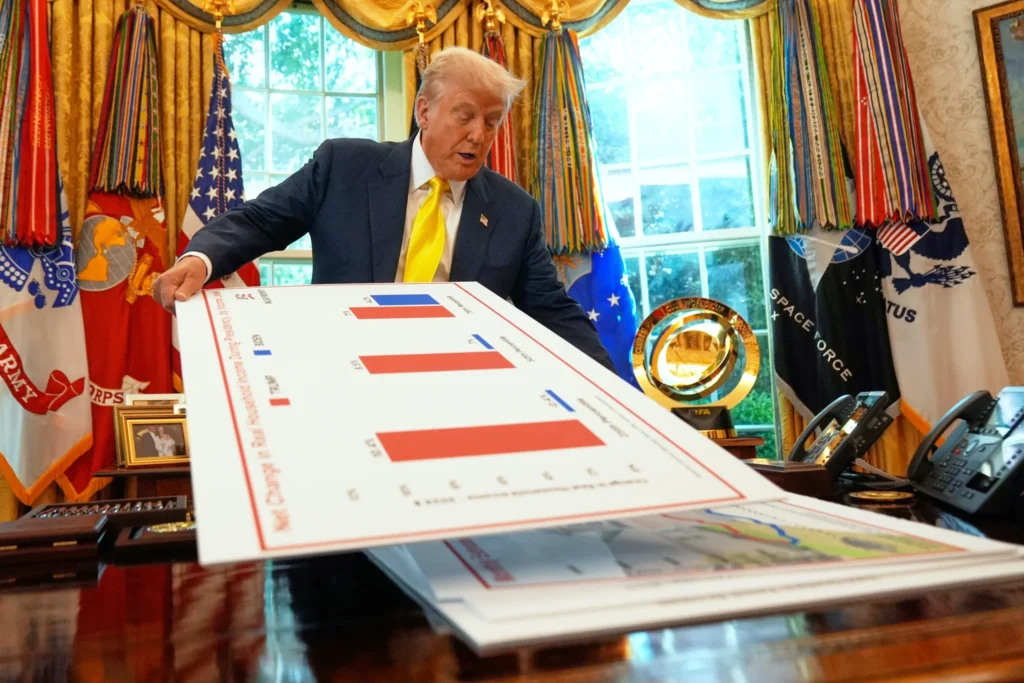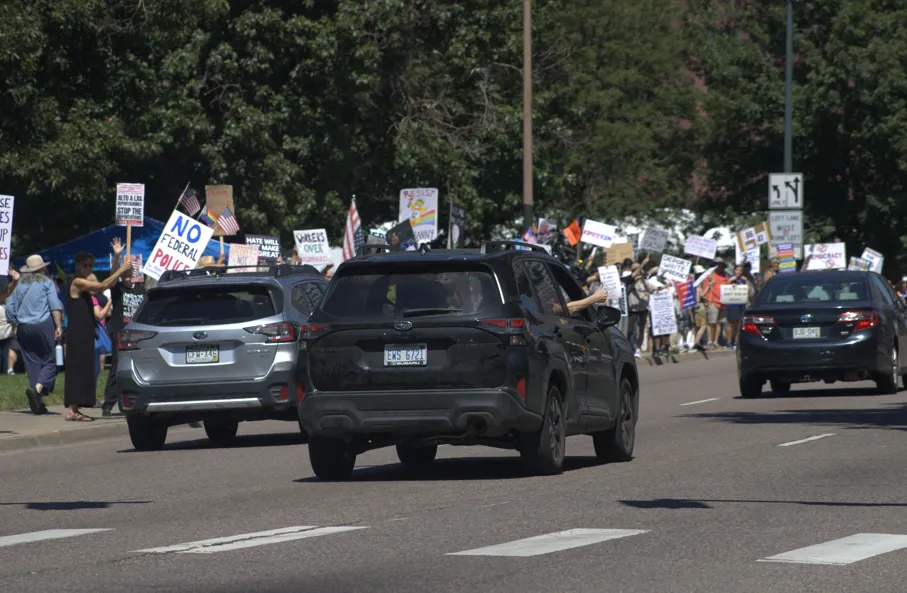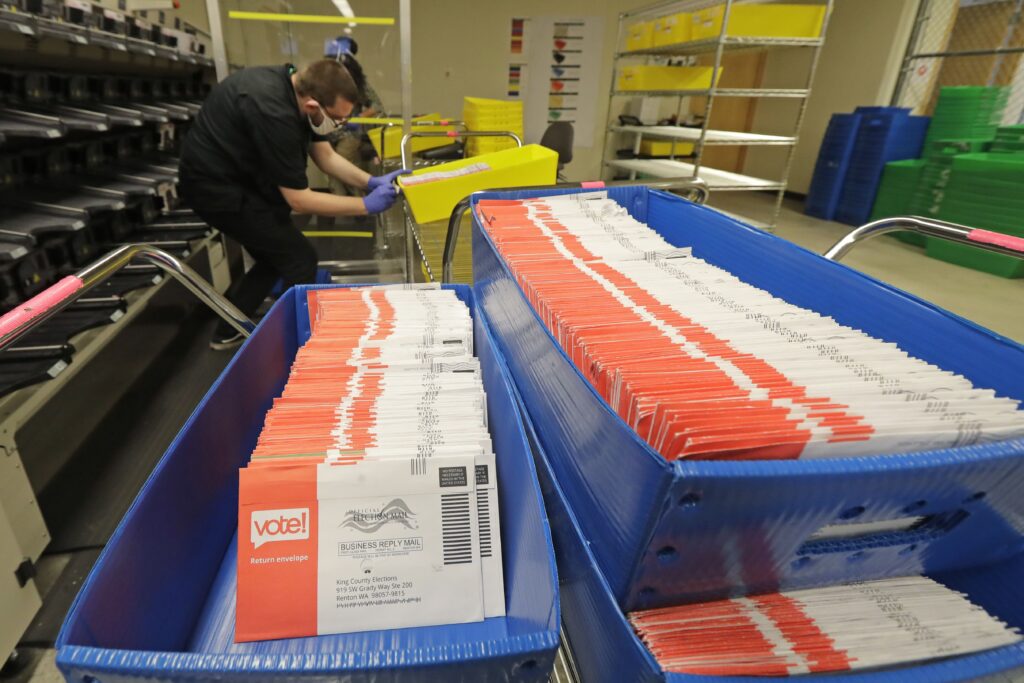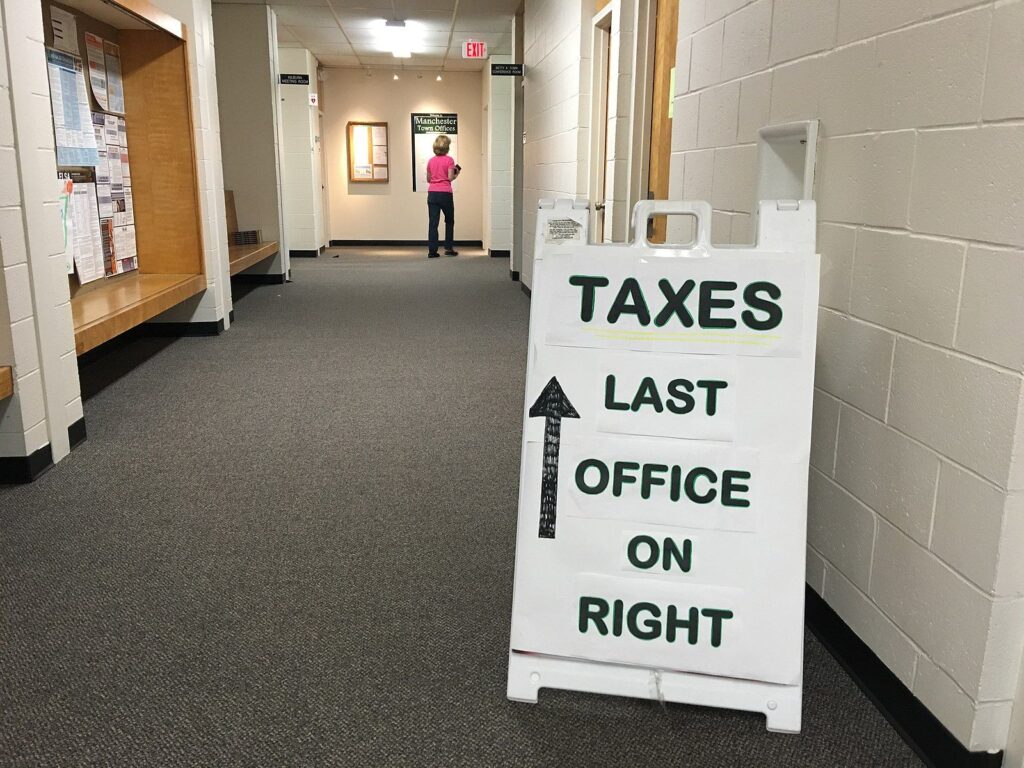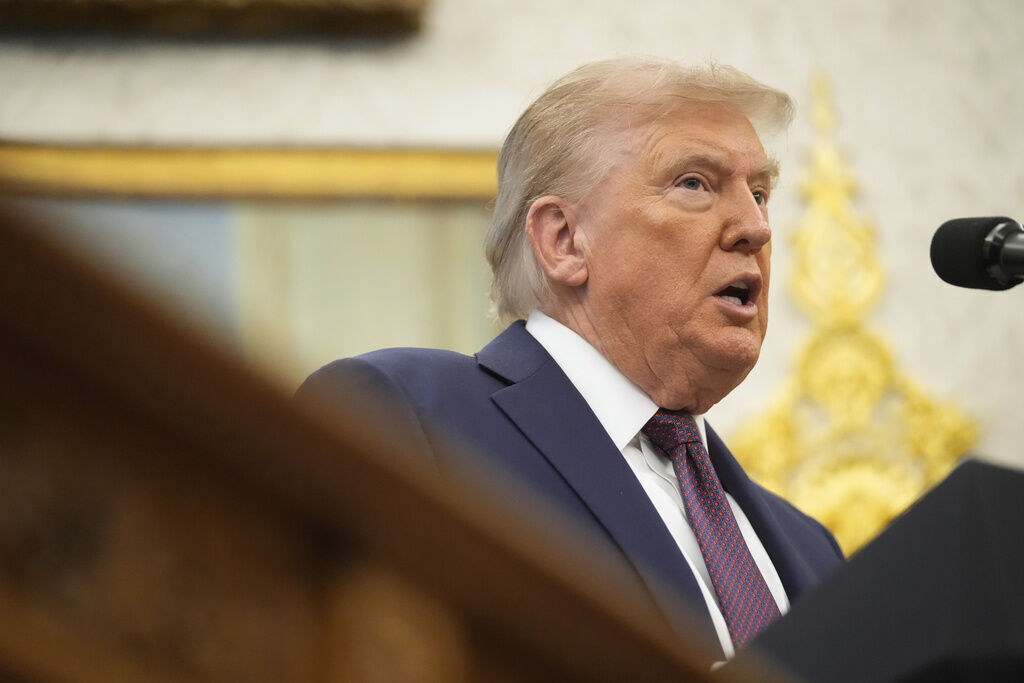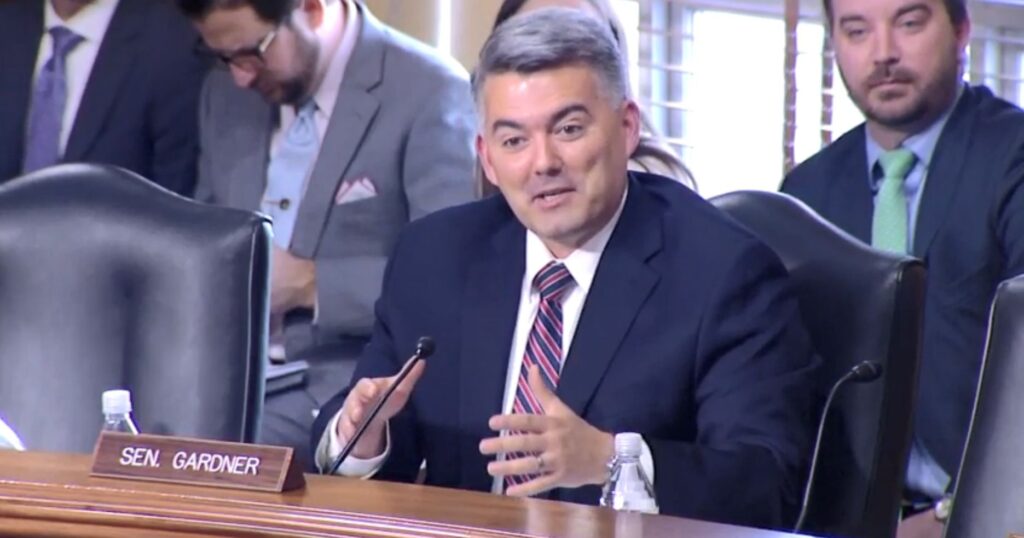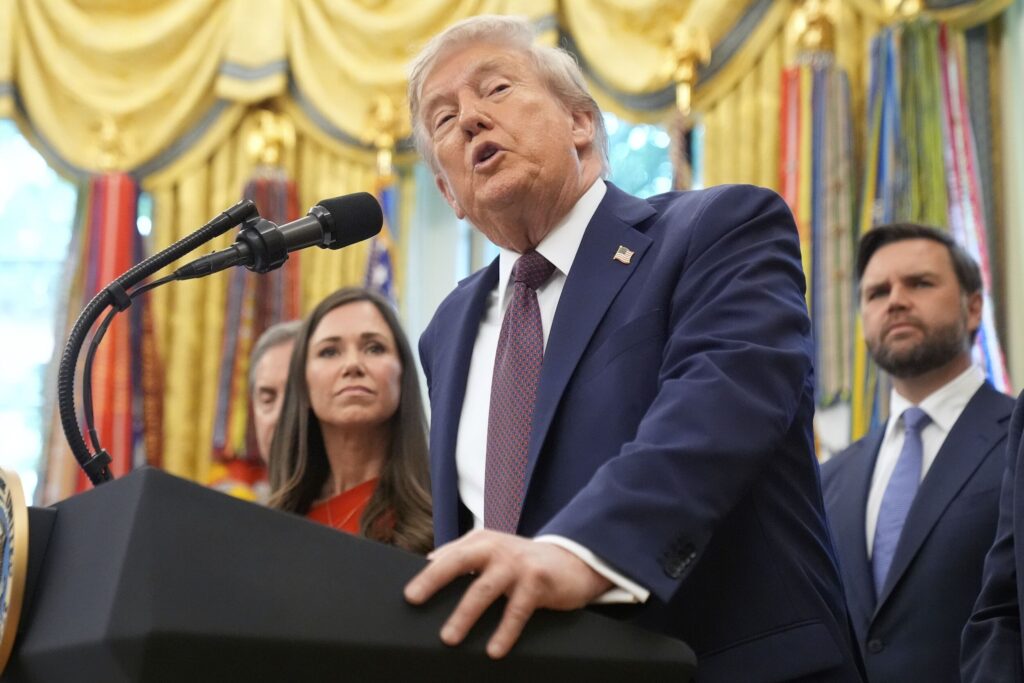Colorado’s electric vehicle landscape gets a big jolt from VW settlement
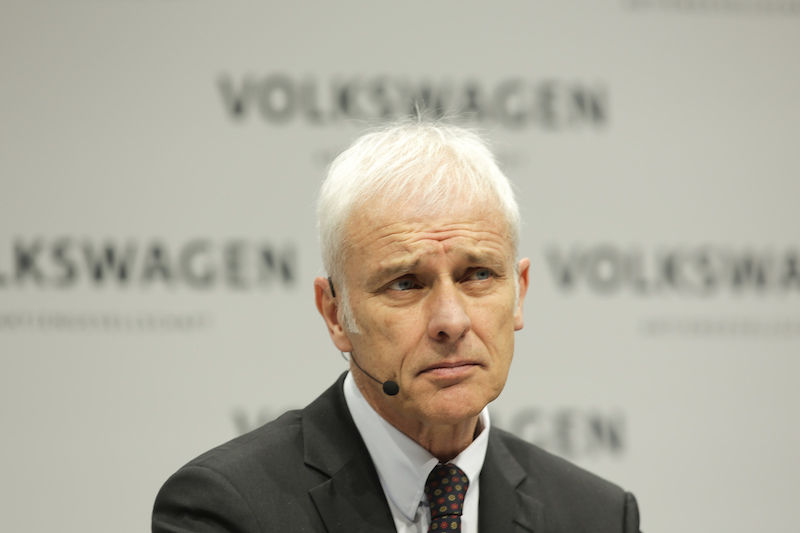
DENVER – Colorado is investing in electricity with its plan to spend the state’s $68 million share of the money Volkswagen paid for rigging some diesel VW vehicles to pass emissions tests.
The plan was submitted to the courts this week, and the state officially can ask for its money after 30 days.
The Colorado Department of Public Health and the Environment wants:
You can read the request by clicking here.
Will Toor, the transportation program director for the Southwest Energy Efficiency project in Boulder said the plan would put nearly a million electric vehicles on the roads by 2030 and “dramatically” increase the number of electric buses.
“The VW investments announced this week are a major step forward for electrification of the transportation system,” he said.
The plan is expected to deliver 30 to 35 DC fast-charging stations – that can deliver enough juice to move most electric vehicles 100 miles for an hour of charging – spaced about every 50 miles across Colorado highways and interstates. The money also is expected to provide up to 270 Level 2 stations at ski resorts, national and state parks, parking garages, workplaces, and apartments along with 15-20 DC fast-charging stations. A Level 2 charger adds 12 to 25 miles for an hour’s charge.
Colorado’s windfall is part of a $3.6 billion settlement the German automaker agreed to in settlements approved in 2016 and 2017 for rigging its onboard electronics to help vehicles pass emissions tests. Colorado had 11,140 affected VWs registered in the state between 2009 and 2016, including 53 percent in the Denver metro area.
“Volkswagen’s misleadingly dirty cars emitted pollutants by as much as 40 times over the legal limit,” Danny Katz, the director of the CoPIRG Foundation, a consumer watchdog group based in Denver, said in a statement. “We applaud Colorado for using much of the settlement money in a truly transformative way by focusing on electric cars, buses and trucks. Supporting electrification is the best way to put us on track to where we ought to go – a transportation system with zero emissions.”
Toor said, “the declining cost of batteries has made electric vehicles more available for large vehicles such as transit buses, school buses, and trucks. Colorado’s decision to invest in electric trucks and buses will accelerate this transition away from dirty diesels and towards a clean energy future.”




